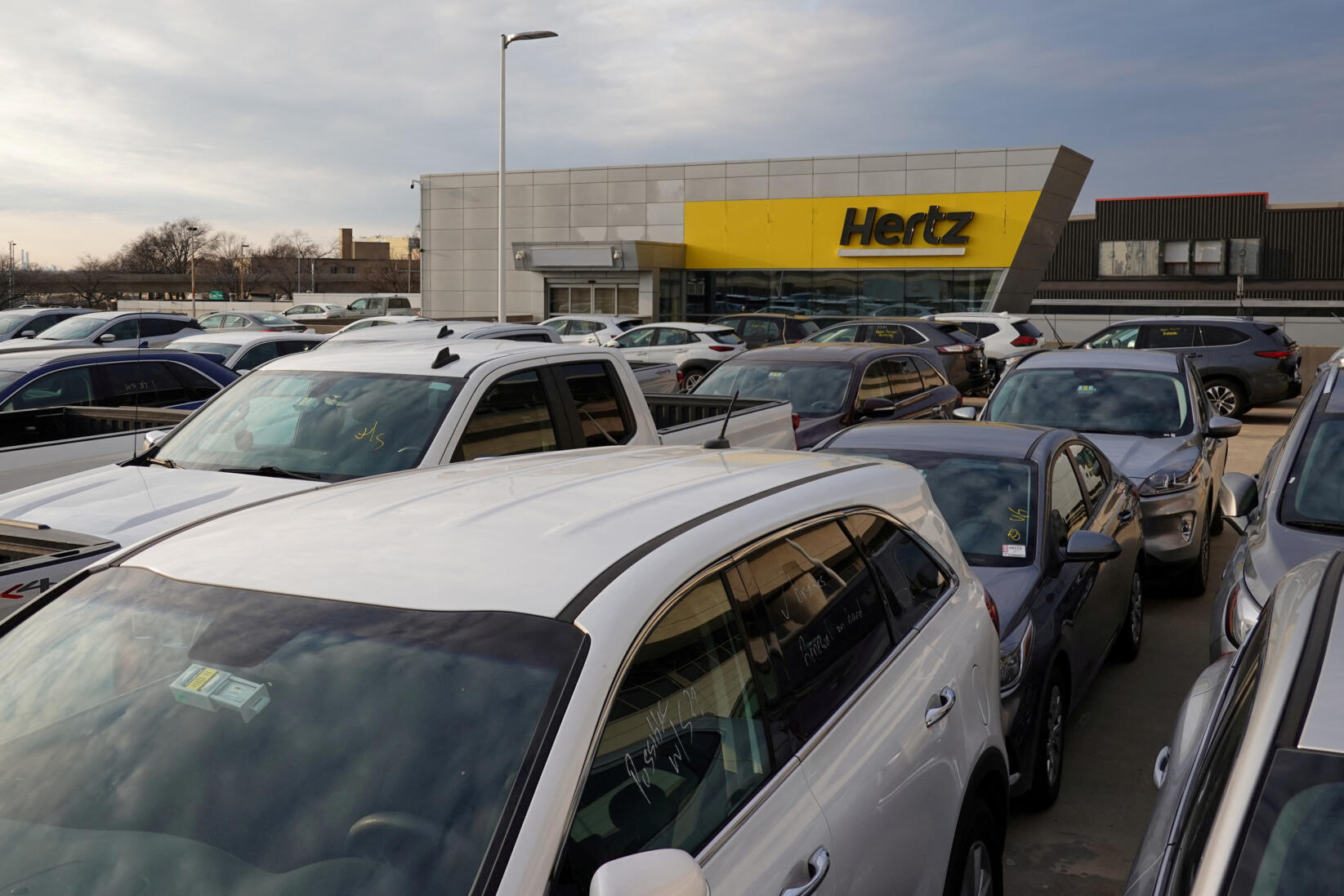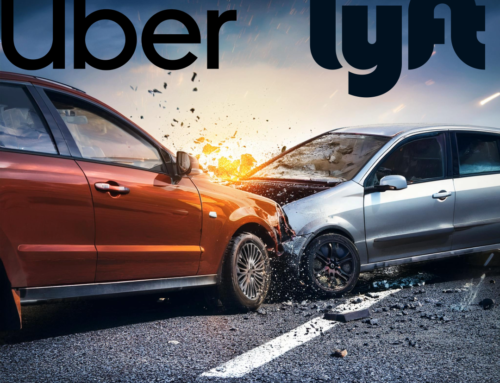Is a rental car company considered an insurer if a crash happens? This question was answered by the Colorado Court of Appeals in Babayev v. Hertz earlier this month.
Imagine embarking on a long-awaited trip in a rental car, feeling the excitement of adventure mixed with the assurance that comes from knowing you’re covered by insurance, just in case. Now, envision the unforeseen happening—a hit-and-run incident leaving you injured and stranded, relying on that very insurance promise. This scenario mirrors the real-life story of the plaintiffs in Babayev v. Hertz, who found themselves entangled in a legal battle against Hertz Corporation, seeking coverage under the uninsured/underinsured motorist policy from their rental agreement. Their journey through the courts highlights a critical question: When does a rental car company not just offer cars, but also act as an insurer? This case’s outcome not only illuminated the obligations of rental car companies like Hertz, but also set a precedent on how similar cases might be handled in the future, changing the landscape of rental car insurance.
The lower trial court initially ruled against the plaintiffs, asserting that Hertz was not an insurer and therefore not liable under the Uninsured Motorist or “UM” policy. However, the Colorado Court of Appeals court saw things differently. It concluded that Hertz did indeed act as an insurer by offering UM coverage as part of its rental agreements, thereby holding the company accountable for the plaintiffs’ claims. This decision overturns the trial court’s ruling and mandates that Hertz is responsible for dealing with insurance claims under the UM policy, much like any traditional insurer.
This precedent-setting ruling highlights the evolving responsibilities of rental car companies in providing insurance coverage. It underscores that when rental companies offer insurance products, they must adhere to the same standards and obligations as traditional insurers, ensuring customers are adequately protected in the event of accidents. This case is a significant win for consumers, reinforcing their rights and the accountability of companies in the rental car industry.
For the everyday person, this case underscores the importance of understanding the insurance coverage offered by rental car companies. When renting a vehicle, it’s crucial to:
- Review the rental agreement thoroughly: Look for clauses related to insurance coverage, including UM coverage, to understand what you’re entitled to in case of an accident.
- Ask questions: If anything in the agreement is unclear, don’t hesitate to ask the rental company for clarification.
- Know your rights: This ruling highlights that rental car companies offering insurance must honor those commitments, providing a safety net for renters.
- Review your own car insurance policy: Make sure you have UM coverage on your personal policy. This will protect you if you are injured in a hit-and-run crash. Also review to see if your personal policy will cover your rental car as many personal policies do.
- Consider additional insurance: Depending on your personal auto insurance policy, you might want additional coverage. Always compare the rental company’s offering with what your personal insurance covers. If you own and drive a 1993 Toyota Corolla, but rent a Cadillac Escalade, your personal insurance will likely not be enough to cover the damage to your rental car in the event of a crash.
The ruling against Hertz marks a victory for consumer rights, offering peace of mind to renters who opt for insurance coverage with their rental agreements. It serves as a reminder to rental car companies and renters alike about the importance of clear, fair insurance practices.








Leave A Comment